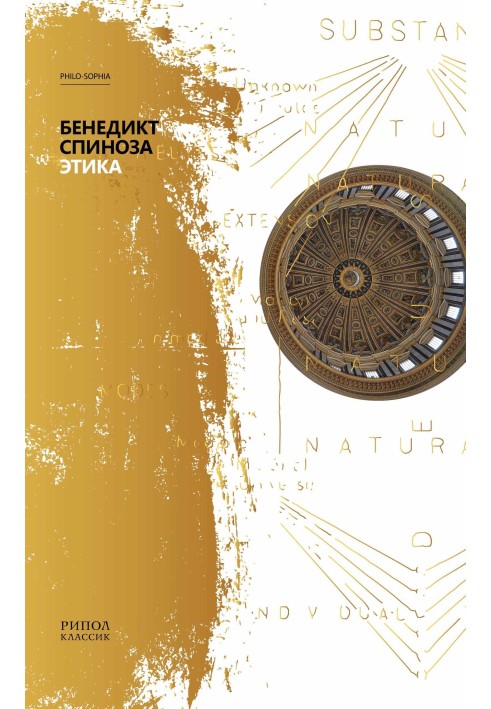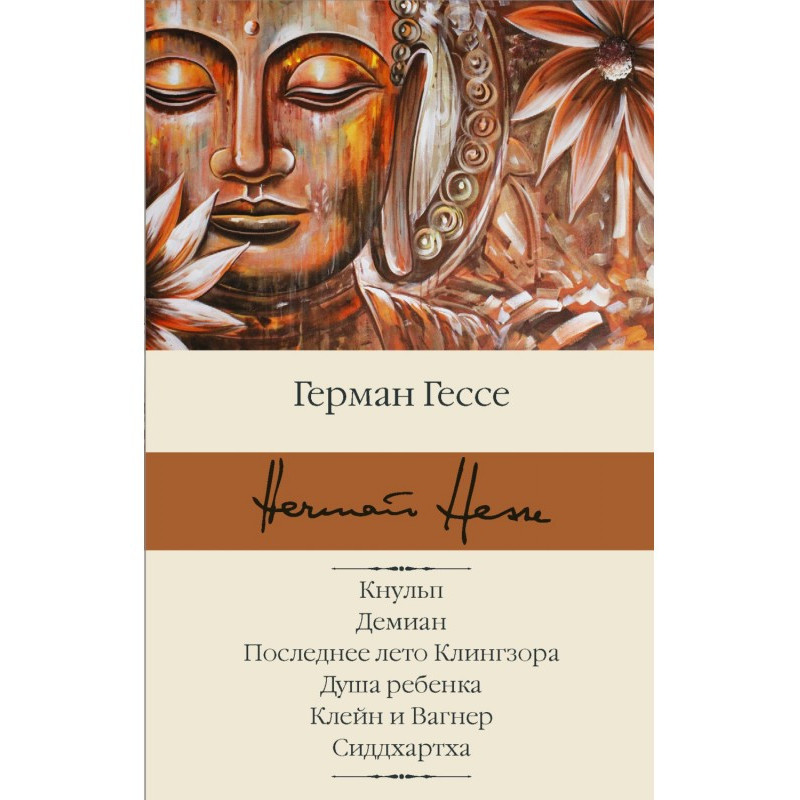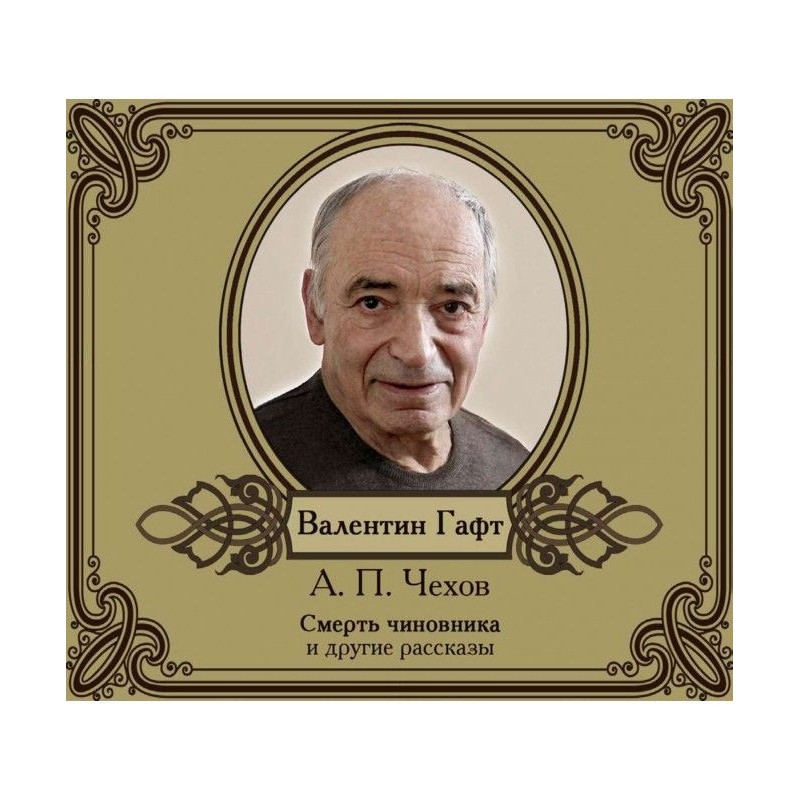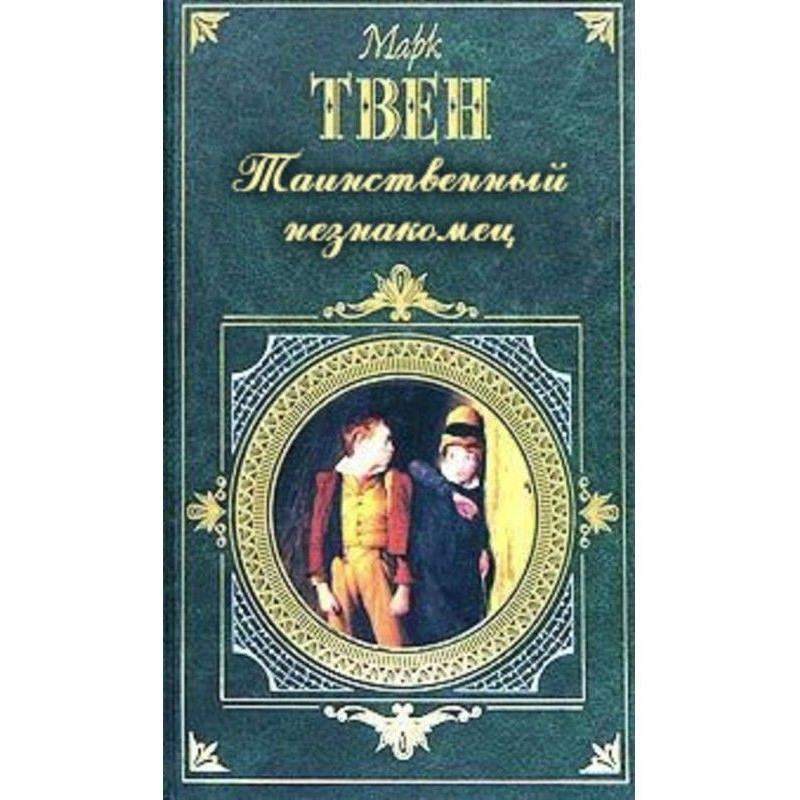Ethics
 Instant download
Instant download
after payment (24/7)
 Wide range of formats
Wide range of formats
(for all gadgets)
 Full book
Full book
(including for Apple and Android)
Benedict Spinoza is a fundamental, landmark figure in the history of world philosophy. Spinoza's teaching continues the revolutionary movements of thought in European philosophy begun by Descartes, denying the values of past centuries, medieval religious dogma and the indisputability of authorities. Spinoza was a philosophical rebel of his time; for his freethinking and free-thinking, his own community turned away from him. Spinoza became an outcast, persecuted by the church, which, however, did not shake either his views or the components of his teaching. In world philosophy there were thinkers who were distinguished by poetic style; there were those who were distinguished by sublime pathos; There were those who were distinguished by the simplicity of the presentation of the material or, on the contrary, complexity. However, there has never been such a reasoned, “mathematical” philosopher in the history of philosophy. Spinoza’s “Ethics” is supposedly not a book, but a set of infinitely strict equations, formulas, causes and consequences. Philosophy for Spinoza is something more than a person, his thoughts and feelings, and therefore there is no place for the human in philosophy. Spinoza deliberately ignores all humanity in his works, leaving only bare, geometrically verified, sharpened proofs, scholia and corollaria, which make up one of the most amazing philosophical systems in history.
Data sheet
- Name of the Author
- Бенедикт Спиноза Барух
- Language
- Russian
- Translator
- Николай Александрович Иванцов
Reviews
Велична філософська подорож у світ думки
Книга "Етика" Бенедикта Спінози є справжнім шедевром філософської літератури, який відкриває читачеві нові горизонти розуміння світу та самого себе. Спіноза, як філософський бунтар, сміливо кидає виклик традиційним цінностям і авторитетам, пропонуючи читачеві глибокі роздуми про природу реальності, Бога та людського існування. Його стиль викладу, що нагадує математичні докази, надає тексту логічної строгості, що дозволяє читачеві не тільки спостерігати за аргументацією, а й активно залучатися до процесу мислення. Спіноза запрошує нас задуматися про наше місце у світі, про відносини між людьми та природою, а також про те, як наші емоції і бажання впливають на наше життя. Ця книга стане безцінним ресурсом не лише для філософів, але й для всіх, хто прагне глибше зрозуміти світ навколо себе. Рекомендую всім, хто готовий до інтелектуального виклику та бажає розширити свої горизонти!






















